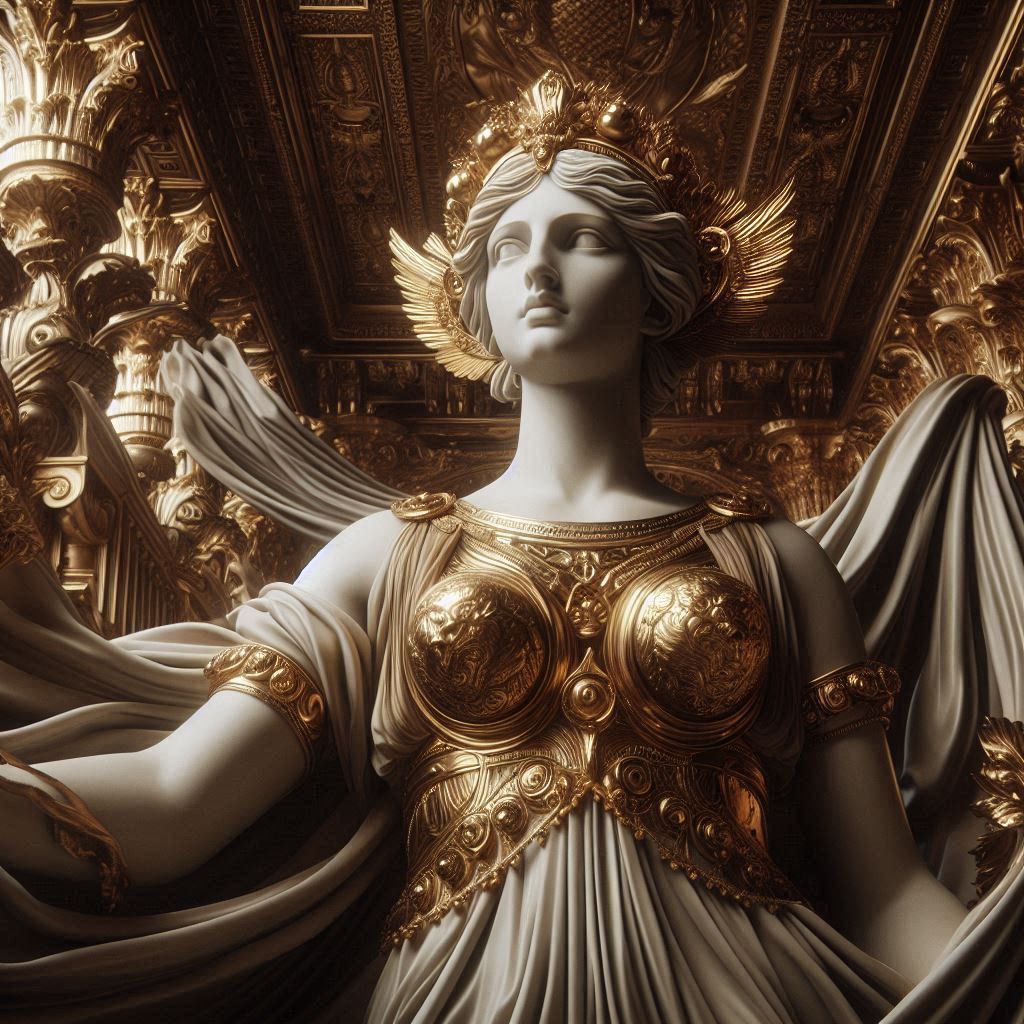Table of Contents
The Decline of a Family: A Study of Society and Individuality in Thomas Mann’s Buddenbrooks
Thomas Mann’s Buddenbrooks is a monumental work of literature that captures the intricacies of family, society, and the inexorable forces of change. Subtitled The Decline of a Family, the novel chronicles four generations of the Buddenbrook family, a wealthy merchant dynasty in Lübeck, Germany, as they grapple with the challenges of maintaining their status, identity, and cohesion in a rapidly modernizing world. At its core, Buddenbrooks is a profound exploration of the tension between individual desires and societal expectations, the fragility of legacy, and the inevitability of decline.

The Family as a Microcosm of Society
The Buddenbrook family serves as a microcosm of 19th-century bourgeois society, with its values of hard work, discipline, and respectability. The family’s wealth and social standing are built on their mercantile success, which is upheld by the patriarch, Johann Buddenbrook Sr., and later, his son, Johann “Jean” Buddenbrook. The meticulous management of business affairs and strict adherence to societal norms ensure the family’s prominence in Lübeck. However, as the narrative progresses, Mann unveils the vulnerabilities inherent in this way of life.
The family’s downfall parallels the larger sociopolitical transformations of the 19th century, such as the erosion of rigid class structures and the rise of industrial capitalism. Mann masterfully depicts how these changes challenge traditional notions of identity and community. The Buddenbrooks’ decline, therefore, is not merely a personal tragedy but also a commentary on the fragility of the social order itself.
The Conflict Between Individuality and Duty
One of the central tensions in Buddenbrooks is the conflict between individuality and duty. Each generation of the family faces this struggle, and their responses to it profoundly affect their fates. Jean Buddenbrook epitomizes the ideal bourgeois patriarch, sacrificing personal desires for the family’s welfare. His son, Thomas, initially follows in his footsteps but is increasingly burdened by the expectations placed upon him. Thomas’s obsessive dedication to the family business comes at the expense of his personal happiness, leading to a sense of alienation and disillusionment.
In contrast, Christian Buddenbrook, Thomas’s brother, embodies the rejection of duty. He shirks familial and societal responsibilities, pursuing a bohemian lifestyle that scandalizes the family. While Christian’s behavior represents an assertion of individuality, it also underscores the costs of breaking free from societal norms. The tension between conformity and self-expression reaches its zenith with Hanno Buddenbrook, Thomas’s sensitive and artistic son. Hanno’s inability to reconcile his creative inclinations with the family’s mercantile traditions symbolizes the ultimate collapse of the Buddenbrook legacy.
Materialism and Spiritual Decay
Mann intertwines the family’s material decline with their spiritual and emotional disintegration. The Buddenbrooks’ initial prosperity is rooted in their adherence to Protestant work ethic and communal values. However, as the family becomes increasingly preoccupied with status and appearances, these foundational principles erode. The ostentatious lifestyle of later generations, marked by lavish homes and social aspirations, contrasts sharply with the discipline and frugality of their ancestors.
This materialism is mirrored by a spiritual emptiness that afflicts the family. Thomas, despite his outward success, is plagued by existential doubts and a sense of futility. His daughter, Hanno, retreats into music as an escape from the harsh realities of life, but this refuge proves inadequate in the face of societal pressures. The Buddenbrooks’ story thus becomes a meditation on the dangers of prioritizing material success over inner fulfillment.
The Role of Fate and Individual Agency
Mann’s narrative raises important questions about the extent to which the Buddenbrooks are responsible for their decline. While individual decisions contribute to their downfall, external factors such as economic shifts and social changes play an equally significant role. The novel’s deterministic undercurrent suggests that the family’s decline is inevitable, driven by forces beyond their control. This perspective aligns with the naturalistic tradition, emphasizing the influence of heredity and environment on human destiny.
Yet, Mann also highlights moments of agency, particularly through characters like Thomas and Hanno, who wrestle with the choices they face. These moments underscore the complexity of the human condition, as individuals navigate the interplay between freedom and constraint.
Conclusion
Buddenbrooks is a timeless exploration of the human condition, offering profound insights into the dynamics of family, society, and individuality. Through the tragic decline of the Buddenbrook family, Thomas Mann captures the inexorable forces of change that shape human lives and communities. The novel’s rich characterizations, intricate narrative structure, and philosophical depth make it a masterpiece of modern literature. It invites readers to reflect on the nature of legacy, the meaning of success, and the delicate balance between personal aspirations and communal responsibilities. In doing so, Buddenbrooks remains as relevant today as it was when it was first published, a testament to Mann’s enduring literary genius.


No responses yet